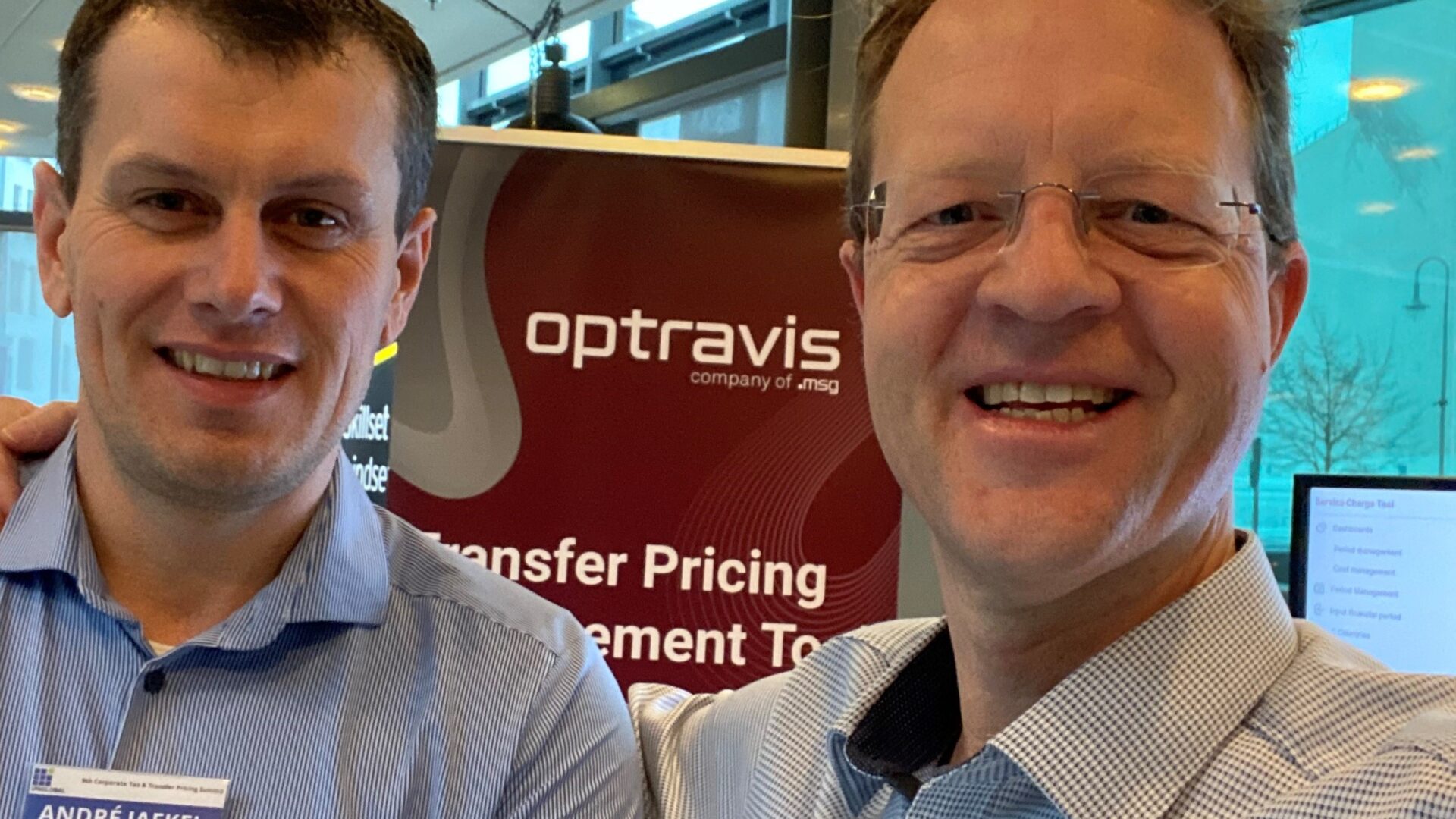We just love attending Tax/ TP conferences – like the Uniglobal Tax/TP conference in Berlin which ended today! Meeting great in-house experts and friends, discussing complex TP problems and presenting our skills and capabilities in the area of operational transfer pricing and TP specific software solutions is just fun! 😀 In Berlin, most of the participants were interested in our new Service Charge Tool.
And many thanks to André Jaekel for the great speech!
Joerg Hanken had an intense discussion with some in-house experts from different multinationals and countries on how to improve the benefit test (HQ cost allocation). He summarises the key takeaways as follows:
- Tax authorities on both the provider and receiver side are increasingly challenging the HQ cost allocation. It is particularly most frustrating that in the area of low-value-adding services they continue to ask for single proves for the service provided and the benefit received despite the OECD’s clear recommendation to the Member States not to require this.
- Multinationals should have a smart global services framework agreement that regulates the TP methods, GAAP, mark-ups and the service catalogue and that is easy to maintain. Definition of value-adding and non-value adding pass through costs. Order forms signed by the recipients may be helpful for the benefit test as well.
- Interviews should be conducted with the cost center owners should be performed to get their feedback on the service description, recipient’s benefit, the most appropriate allocation key, the specific recipient group and an appropriate stewardship amount.
- Being able to show the complete calculation trail from the source cost centers to the service mapping and to the final invoice amount is key to a local audit defence. Very often this fails in practice if multinationals try to gather such granular information from 5 year old Excel sheets. Participants agreed that a TP specific service charge software will solve such issues and will save significant time during the calculation, documentation and defence process.
- Even when multinationals provide the above documentation to local tax auditors, in some countries, they may still ask for specific evidence that a service was actually provided. This is the most difficult part. Technologically it would be possible to scan automatically emails, calendar invites and file servers to identify documents as examples of the service provided. Legally (data privacy etc.), this may not be possible in most of the countries.
So, if you are interested in brainstorming and working together on a solution or process to solve the “evidence” problem in a smart way, then please feel free to reach out to Joerg. He will set up a working group for this.
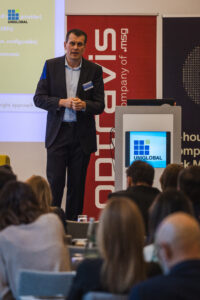
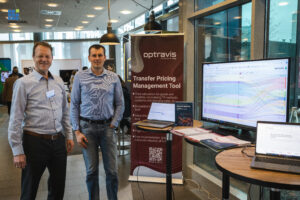
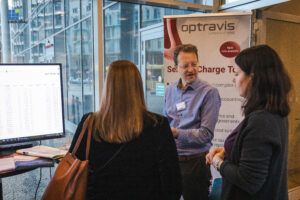

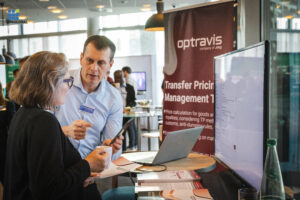
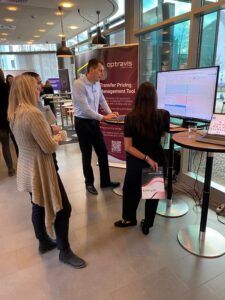
Please book a live demo session !
